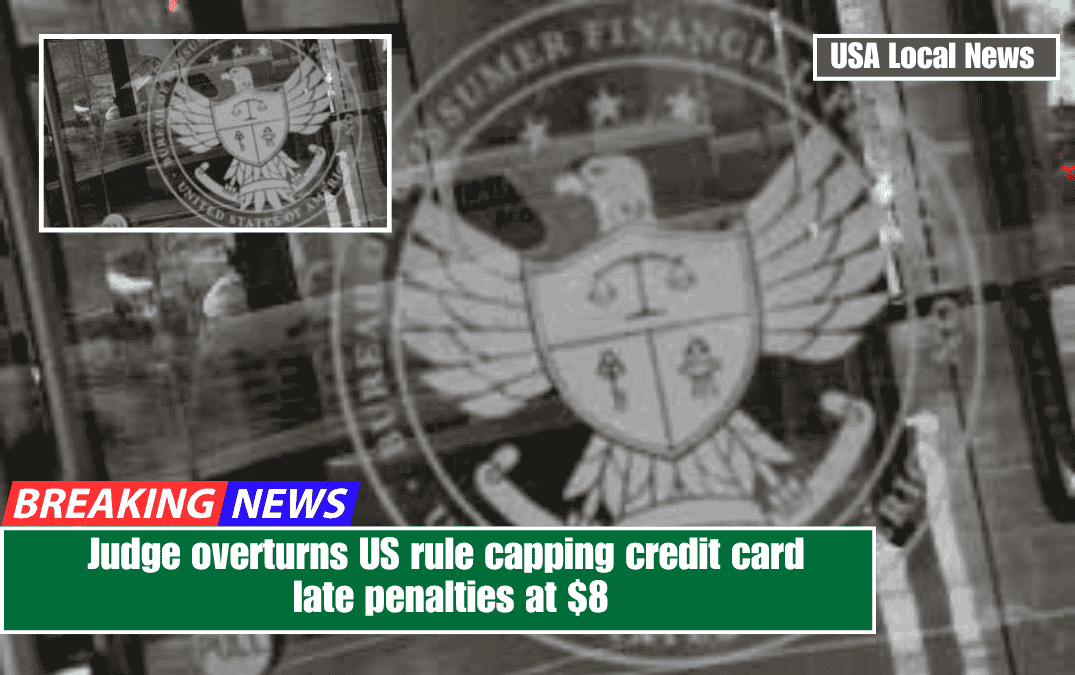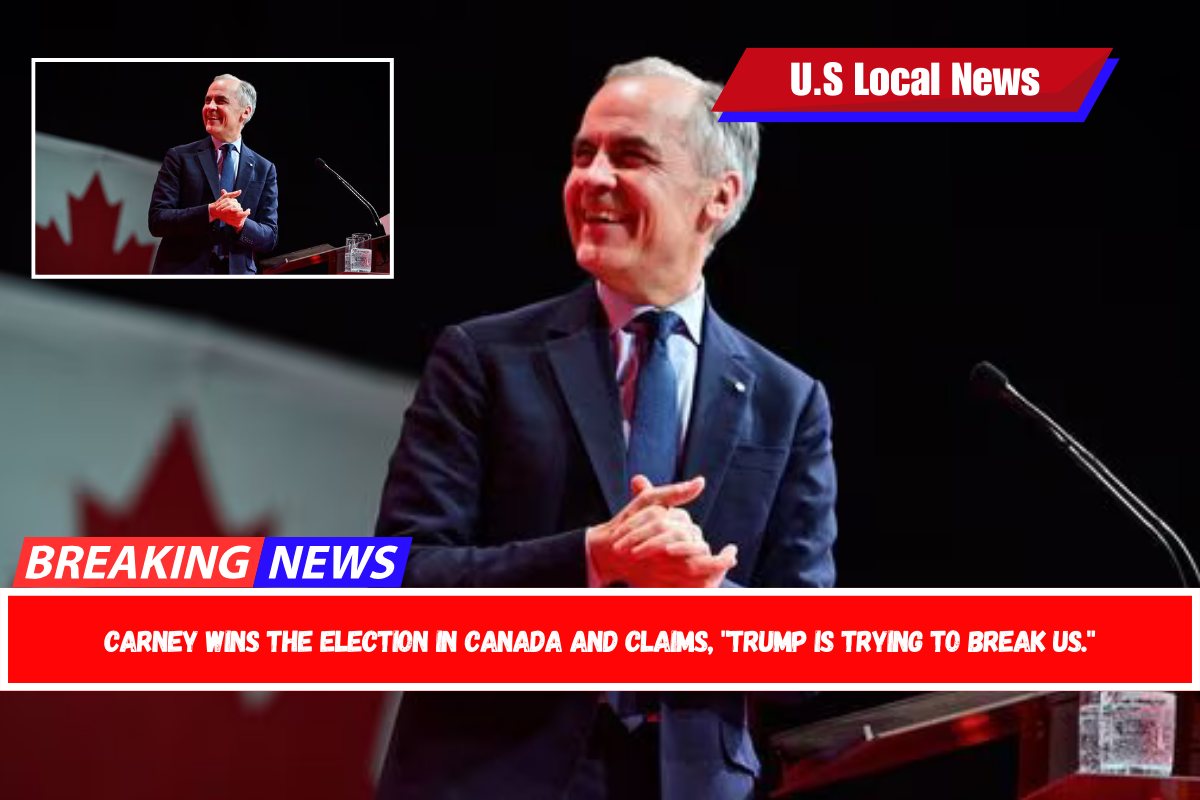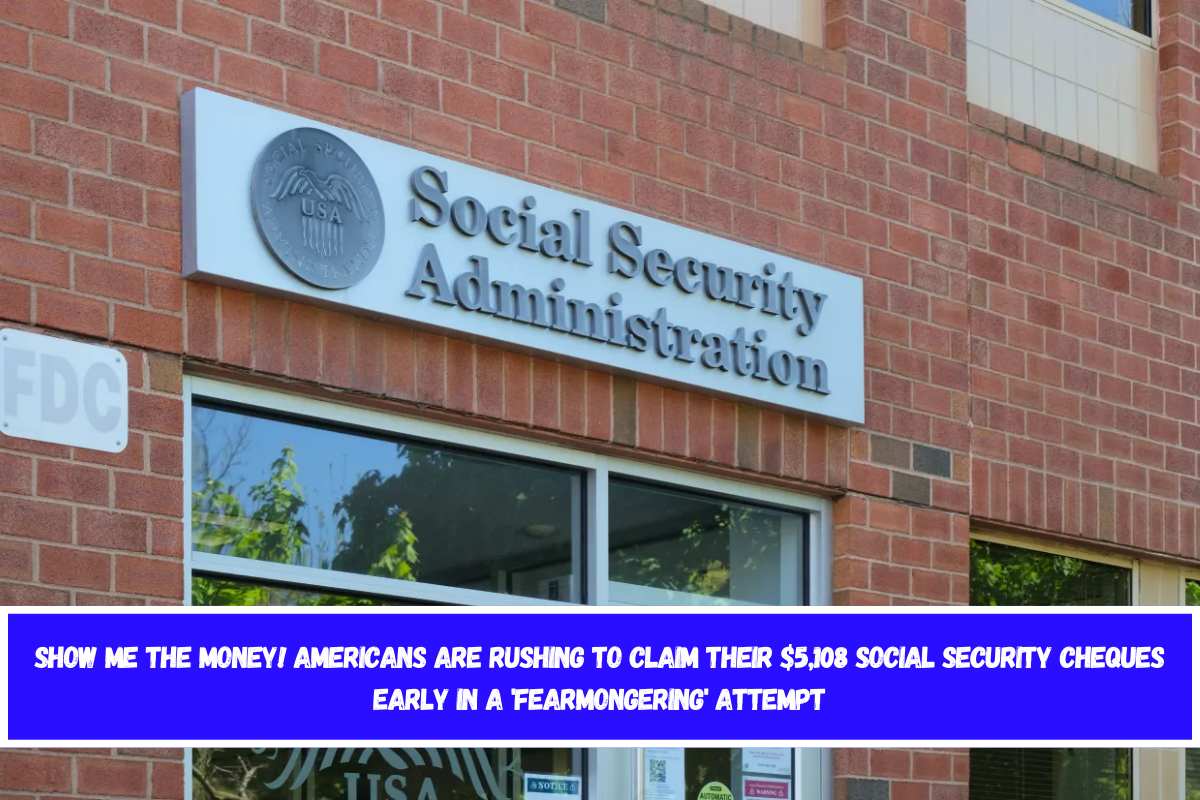(Reuters) – A federal judge on Tuesday overturned a Consumer Financial Protection Bureau rule that limited credit card late fees to $8, after the agency agreed with opponents that the rule, implemented during President Joe Biden’s administration, was illegal.
U.S. District Judge Mark Pittman in Fort Worth, Texas, granted the CFPB’s and a coalition of six business and banking groups, including the US Chamber of Commerce and the American Bankers Association, a joint request to overturn the rule.
Pittman, a Trump appointee, agreed with both sides that the rule violated the Credit Card Accountability and Disclosure Act of 2009, which prohibits card issuers from charging fees that are “reasonable and proportional to violations.”
The rule limited late fees for issuers with more than one million open accounts, unless they could demonstrate that higher fees were required to cover their costs.
It was part of Biden’s crackdown on “junk fees,” with the goal of lowering the typical late fee from around $32.
The Trump administration is undoing many Biden-era rules and policies that it deems unfriendly to business.
In a March 2024 lawsuit challenging the rule, business and banking groups accused the CFPB of exceeding its authority and disregarding Congress’ intent that fees be high enough to deter late payments and compensate card issuers for their costs.
They also argued that the rule was unfair to many consumers because it would force issuers to pass on costs to cardholders who pay their bills on time.
In a joint statement issued on Tuesday, the groups described Pittman’s order as “a win for consumers and common sense.”
The Trump administration has also sought to dismantle the Consumer Financial Protection Bureau.
On April 11, a federal appeals court in Washington, D.C., ruled that the administration can reduce the CFPB’s size but not to the point where it cannot perform its statutory duties.















